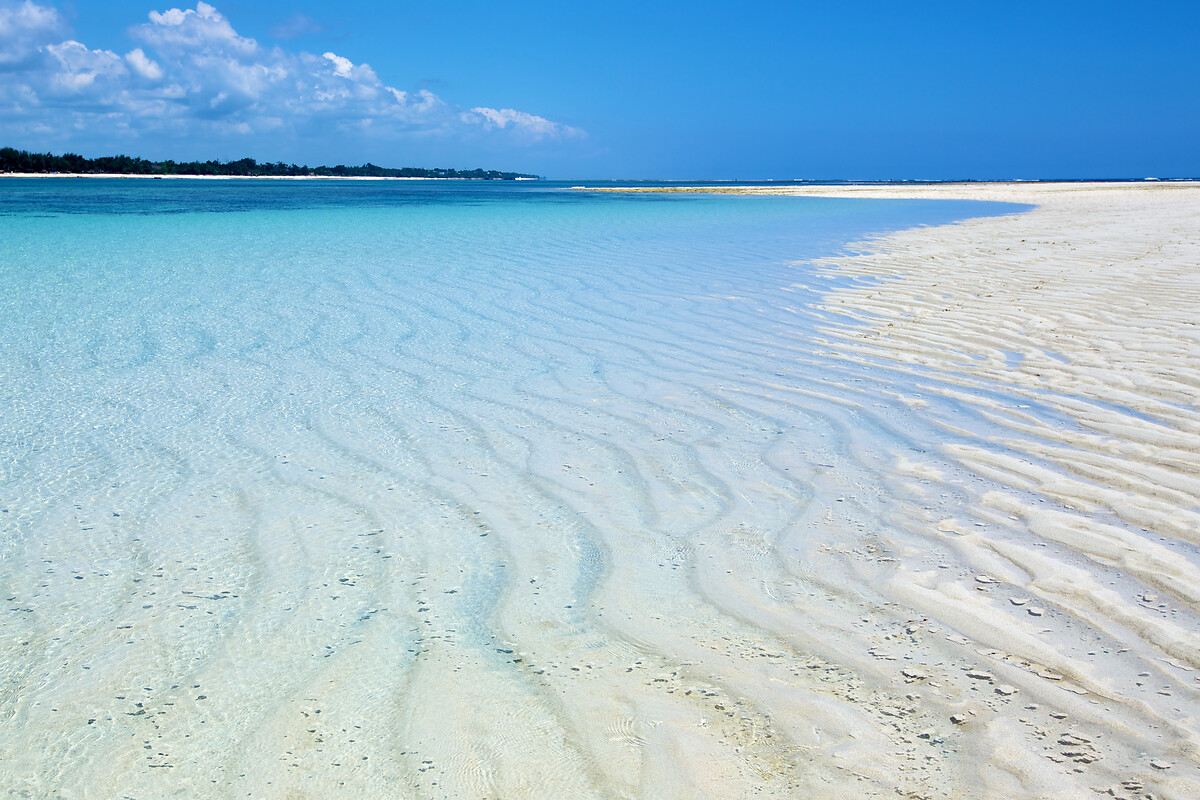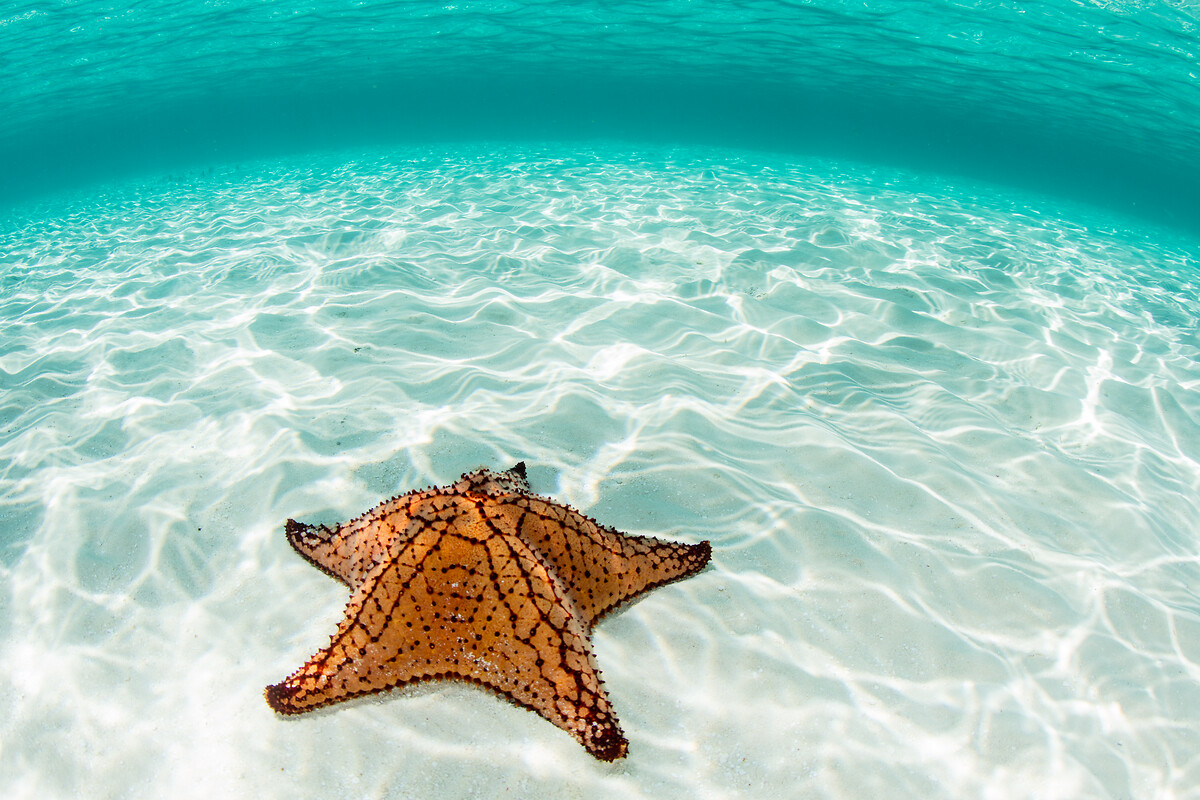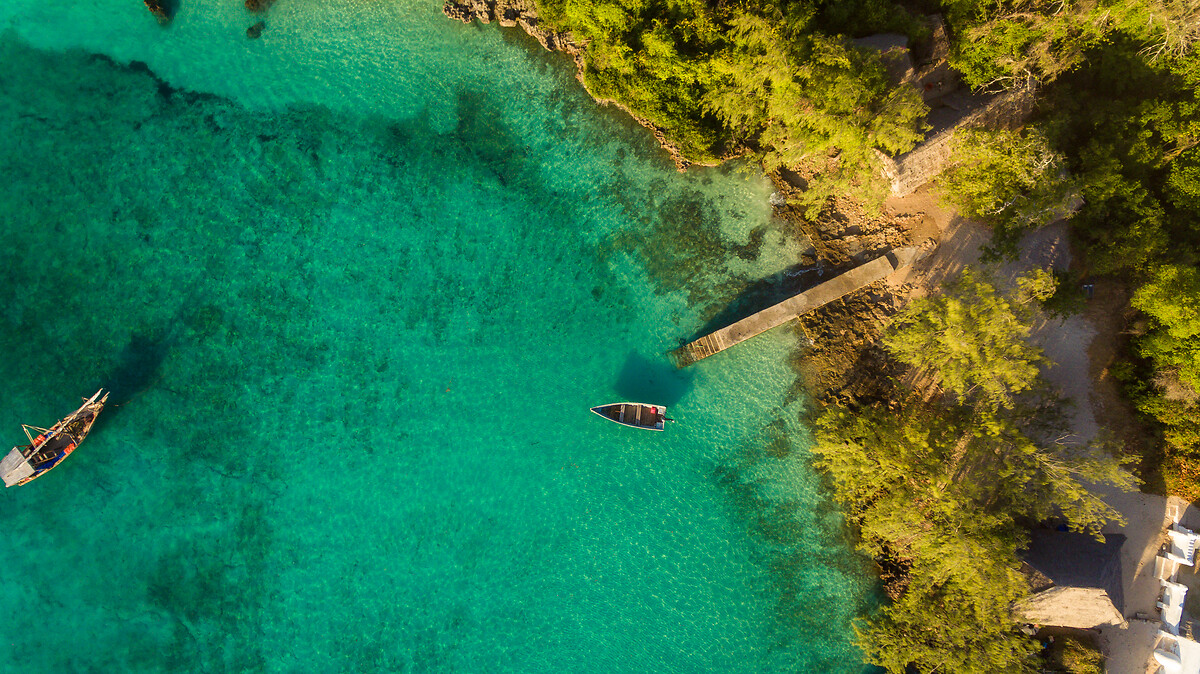> Tags: Fund, Marine protected area, Payments for ecosystem services
> Themes: Biodiversity, Finance
> Region: Africa
> Countries: Mauritania, France
> Last updated: 04 June 2020
Download PDFPolicy in practice
Several MPAs have established trust funds to help ensure a more long-term sustainable, source of finance. Three types of trust funds exist: endowment funds, which maintain a capital base while paying only interest; sinking funds, which use both capital and interest and are thus eventually extinguished; and revolving funds, which are designed to be continuously replenished.
In Mauritania, the endowment fund BACoMaB was established in 2009 to finance the conservation of the Banc d’Arguin National Park and other Mauritanian coastal and marine protected areas. Among the goals of the park is to protect seagrass beds and mudflats that act as nursery and rearing grounds for numerous species, as well as sequester carbon. The capital of BACoMaB will be invested for perpetuity on capital markets and only the interest will be used to finance marine and coastal protected areas. The Mauritanian government made an initial contribution to BACoMaB during 2010-11 by mobilising EUR 1.5 million of revenues from the fisheries agreement with the European Union. The European Union-Mauritania fisheries agreement allocates part of Europe’s financial contribution to the conservation of marine ecosystems located within the Banc d’Arguin National Park. It can be regarded as the first international Payments for Ecosystems Services (PES) of its kind.
Further contributions to BACoMaB were provided by the French Development Agency and French Facility for Global Environment who contributed an additional EUR 2.5 million and EUR 1 million respectively. BACoMaB's funding objective was to reach EUR 35 million by 2016. Other funding sources to be explored include:
Contributions from the oil and gas sectors through voluntary compensations or fees attached to concessions;
Fiscal mechanisms such as a share of fines for fishing infractions or of fishing licences, part of tourism-related taxes, environmental fees or licences for industries with possible impacts on marine ecosystems, or a tax on the use of ecosystem services; and
Carbon finance, in particular related to the sequestration of carbon in marine ecosystems such as seagrass beds in the Banc d’Arguin (“blue carbon”).
Key policy message
Establishing trust funds can help ensure marine protected areas (MPAs) have access to more long-term, sustainable sources of finance.



